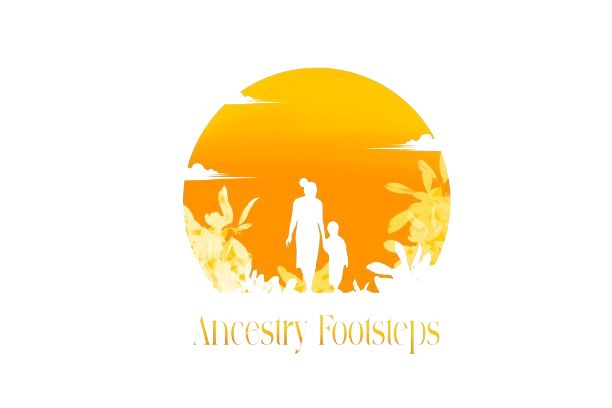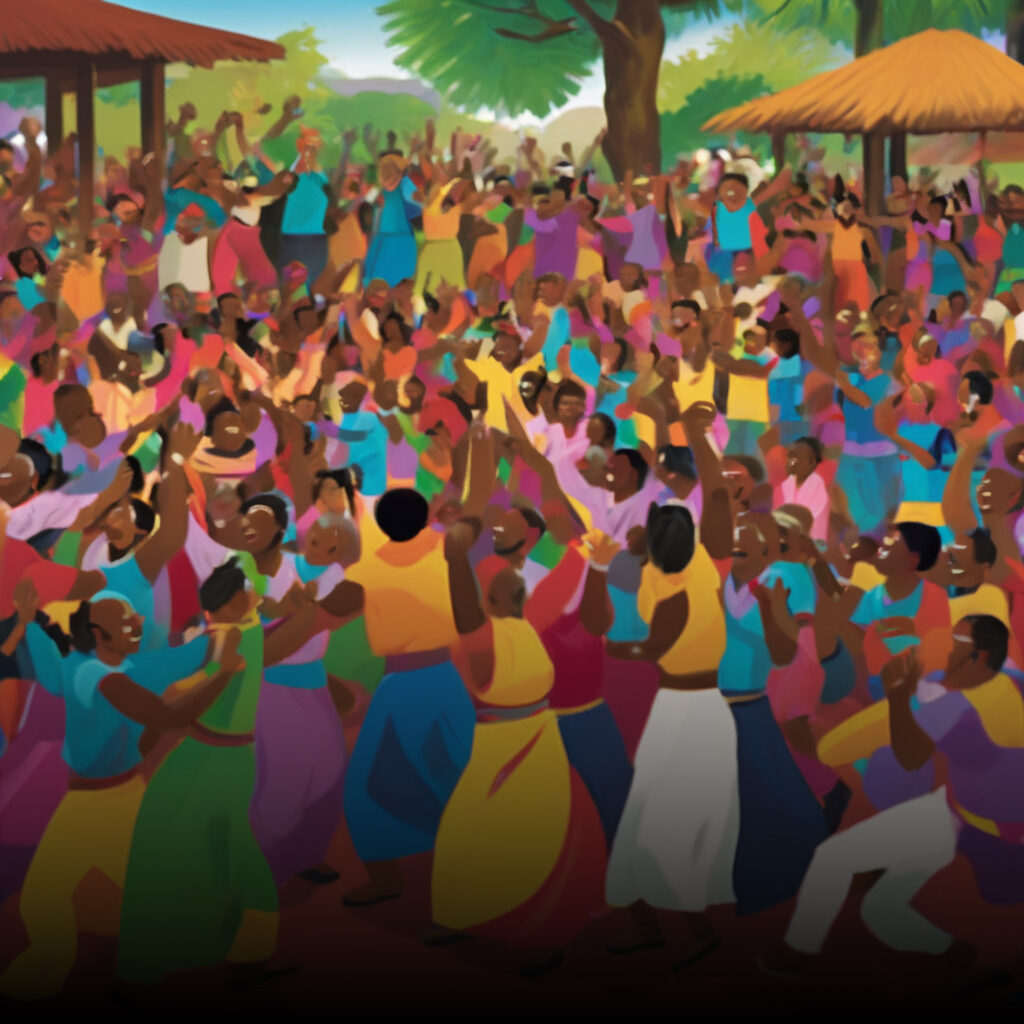Queh Queh
is a rich Guyanese pre-marital celebration that originated from Africa. It is a gathering of family and friends where songs, dance, rituals, and other traditions are performed in honor of the couple getting married. The couple and their families are saluted by way of songs and dance, with the selection of the songs guiding the flow and activities over the course of the evening.
Historically, African weddings were filled with traditions and rituals. With the colonizing of the Americas and the introduction of slavery, Africans who were brought to Guyana as slaves struggled to continue their traditions, as of these traditions and rituals were either banned or discouraged. The traditions and rituals surrounding marriage and weddings were also affected. The Europeans outlawed the traditional wedding and replaced it with the European (white) wedding. To continue their tradition under European rule, the African slaves held their traditional wedding celebration in weeks, days, or the evening before the European wedding.
Respect is the cornerstone of African culture; respect of our ancestors; respect of our elders; and respect of our host and guests. Likewise, respect is required during the Queh Queh celebration.
Rules
- Queh Queh na ga bad word – Is a declaration that vulgarity and profanity (bad words) will be permitted, but only during the celebration.
- Batto – Is a request to stop the current song and to start another (the person who calls ‘Batto’ will take over as the Queh Queh leader and lead the next song).
- Encore -Is a request to repeat the song (sing the song again)
- U nah com a Queh Queh fo sit down. U com fo sing and dance – Is a call for guests to participate in the songs and dance, especially those guests sitting on the sidelines.
- Children not allowed – Is an age restriction that underage children are not allowed due to subject matter, gestures, and lyrical content.
- Queh Queh Dance
- As Queh Queh songs are being sung, participants are expected to dance in a circle. In this circular format, participants move in single file and stump their feet in time with the music or drums. They also clap their hands, adding to the melody of the songs. Depending on the song, participants are also expected to perform other expressions and gestures, as they dramatize the words being sung.
Queh Queh Songs
Many Queh Queh and folk songs are sung during the Queh Queh celebration. Using a call-response format, the Queh Queh leader controls the flow of celebration and leads the singing of the Queh Queh songs. Many of these songs are raised by the Queh Queh leader to invoke humor, satire advice, and instructions. Embedded in the practice is the art of improvisation, as the leader changes words or add new content as he sees fit. Some popular songs are as follows:
The Songs
- Good nite hay
- Com to mi Que Que
- Oman a dead ya fo man
- Wa kin a man is da
- Lie Down Gal
- Anti Bess
- Nation Song
- Sanko
- Bambo Fia
- Amba jo
Food & Drinks
Food and Drinks are an integral part of the Queh Queh celebration. The hosts, or sponsors of the drinks are prepared and served during the celebration.
Food
Some common dishes include:
- Cook-up rice: A one pot dish that includes meat and black-eyed peas cooked in coconut milk.
- Fried fish: Fish, like Banga Mary and Talipa, are seasoned and pan-fried and served with Cook-up rice.
- Metagee: A one pot dish of ground provisions (root vegetables) cooked in coconut milk.
- Conkie(dessert): A mixture of cornmeal, coconut, pumpkin, and other ingredients wrapped in banana or plantain tree leaves cooked (boiled).
Drinks
- Mauby: A drink made from the bark of the Mauby tree.
- Sorrel: A drink made from the flower of the sorrel (Hibiscus) plant.
- Rum/Liquor: A variety of alcoholic beverages (liquor), including White and Brown rum, that serves as a staple for the adults.







